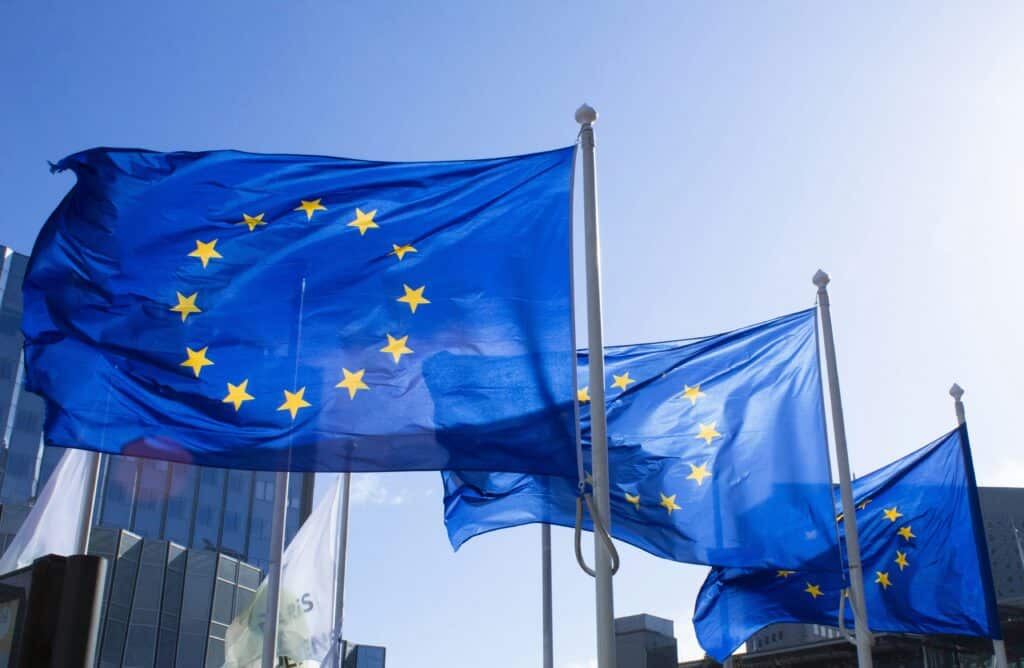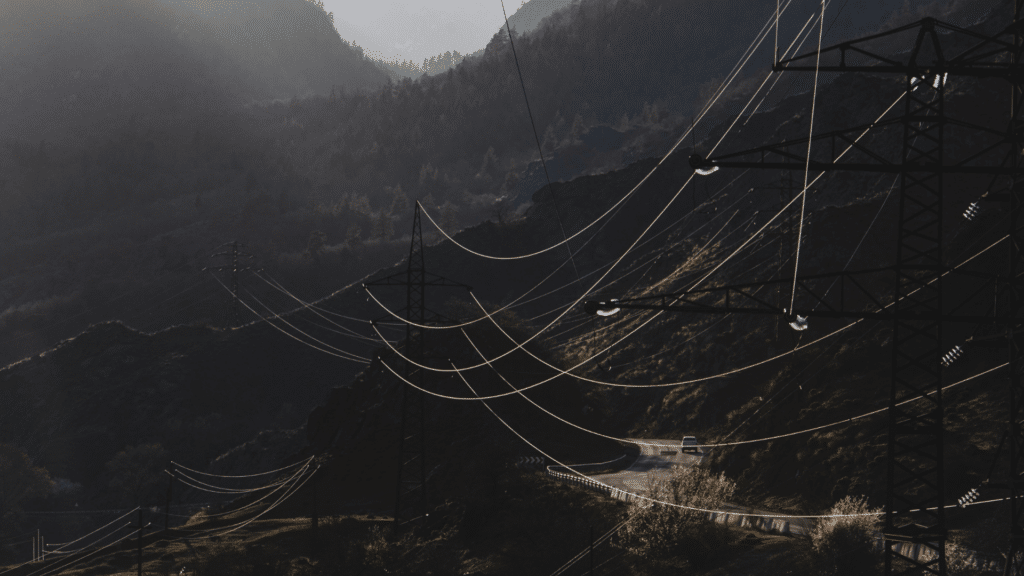Written by Stefan Ambec and Claude Crampes (TSE)
In France, the new generation of smart meters for household electricity consumption are causing quarrels. In South Africa, such smart meters for water consumption have helped to reduce the risk of rioting by preventing Cape Town from running out of water. The meters’ accuracy and interactivity make them a valuable management tool in periods of water shortage or high demand.
Day zero in Cape Town
This year, Cape Town experienced one of the most serious droughts in its history. Following several years of low rainfall, water reserves were no longer able to meet the demand for the South African summer. Residents were living in fear of ‘Day Zero’, when taps would dry up completely and the 4 million inhabitants of the city would be forced to fetch their quota (25 litres of water per person per day)[1] from one of the 200 army and police-monitored sites. Initially estimated in April, Day Zero was repeatedly pushed back and the threat has in the end been avoided, at least for this year[2], mainly thanks to restrictions put in place by the public authorities in cooperation with the residents. Water consumption was restricted to 50 litres a day per person. An awareness campaign was launched providing advice on how to comply with the restrictions, in particular by reusing waste water in toilets and by timing showers.
Suggestions and encouragements
The application of these water restrictions relied on the good will of the users. The city of Cape Town used the concept of “nudge” to implement them, a notion in behavioural economics made popular by the 2017 Nobel laureate Richard Thaler.[3] A nudge “softly” modifies one’s information to induce a behavioural change in the right direction, i.e. to save water. Examples include sending messages about the water crises and advice to reduce water consumption. The municipality went further by publishing individual consumption on a city map to induce some social pressure.[4] Users who exceeded their legal limit of 50 litres could be identified by their neighbours. Similarly, users could compare their water reduction efforts to their neighbours, encouraging them to be more careful if they weren’t doing so well.
Economic studies have shown that nudges do reduce consumption, but the impact is often weak and short lived.[5] Furthermore, using nudges does not guarantee that households meet the legal restriction of 50 litres per person per day. This is where the smart meters installed by Cape Town authorities come in handy.
Better consumption for the common good
Having such easy access to water or electricity through permanently available pipes and wires has some drawbacks. Few people realise how much they pay for water or electricity, or that they pay every time they take a shower or turn on the television. Economists call that a lack of price salience.[6] It implies that we don’t think about the price per litre or kWh every time we turn the water or power on. This ignorance is somehow convenient. We don’t have to fetch water or feed the gas meter with coins anymore. But it doesn’t help us to consume wisely. By gathering information on consumer habits, smart meters allow users to modify them to avoid wasting water.
The Water Management Devices (WMD) have two features that distinguish them from conventional water meters.[7] The first is the ability to track water use in real time – how much water is used on what day and at what time of the day. The information is educational for consumers. It helps them optimise their water usage which is beneficial for conservation. A study by Stellenbosch University in South Africa shows that the meters reduced water consumption in the campus coffee shops by nearly 68% in a week.[8]
Another feature of the meters installed in Cape Town is the ability to limit the amount of water used per household. The aim is to provide everyone with enough water for their basic needs. Poorer households can choose a contract with a free allowance of 350 litres of water per household per day. The meter automatically cuts the water off when the limit has been reached. The unused litres are carried forward to the next day. Extra litres can be purchased with prepayment. The water cut is then deactivated until the prepaid litres have been consumed. The system gives water access to poor families while, at the same time, tackling the problem of unpaid bills that put water providers in difficulty.
From water to electricity
The city of Cape Town has also introduced prepaid electricity meters. The electricity can be purchased at a local shop or kiosk. Customers obtain a code linked to the meter which gives them access to the kWh they have paid for. A recent study[9] has shown these new meters have succeeded in reducing unpaid bills. They have also changed the way users consume electricity by reinforcing the price salience. The number of transactions and the active role played by the consumer when purchasing the electricity provides a better idea of the cost. The effect partially explains the drop in consumption of around 13%. Unlike with nudges, the drop appears to be a permanent one.
One of the most common criticisms of the “Linky” smart meter in France is that the installation benefits the electricity suppliers and distributors rather than consumers who pay for them without getting any benefits. The example of Cape Town shows that the equation is not so simple. Everyone gains from saving resources in times of shortage. A connected smart meter can contribute to this while guaranteeing a minimum access to the resource to cover basic needs. What works for water can also partly work for electricity: lighting, heating and access to culture via multimedia can also be considered as basic needs, at least in developed country. Optimising energy consumption reduces both the financial and environmental cost of energy provision.
Those who reject the new generation of meters on the basis that they breach privacy and share private information that can be used for fraud or self-seeking purposes will probably be concerned by the Cape Town experiment. Another concern is the ultraliberal view that shortages should be dealt with by price signals to reduce demand rather than administrative rationing of any form. Again, these are salience issues. The choices are guided by the way we prioritise the quality and quantity of the resource (water, electricity), its price, and the side effects (personal data distribution, demonstration effects, health, social movements, etc.). For Cape Town, like any other public authority, clearly the public health and safety considerations outweigh all others.
[1] The WHO advises a minimum of 20 litres of water a day per person to meet the basic needs of drinking and personal hygiene. To live decently, 50 litres of water a day per person is needed, and for real comfort, at least 100 litres. Current figures are over 250 litres in the United States, around 160 litres in France, and 10-20 in Sub-Saharan Africa.
[2] https://www.sciencesetavenir.fr/nature-environnement/une-penurie-d-eau-menace-le-cap-en-afrique-du-sud_123747
[3]See, for example https://www.news.uct.ac.za/article/-2018-03-05-nudging-the-city-and-residents-of-cape-town-to-save-water.
[4]See https://theconversation.com/cape-towns-map-of-water-usage-has-residents-seeing-red-90188)
[5] See, for example, the article by P. Ferraro, J. Miranda and M. Price ‘The Persistence of Treatment Effects with Norm-Based Policy Instruments: Evidence from a Randomized Environmental Policy Experiment’ in American Economic Review 2011, 101:3, 318–322.
[6] See, for example, P. Bordalo, N. Gennaioli and A. Shleifer, “Salience and consumer choice”, NBER 2012, http://www.nber.org/papers/w17947.pdf.
[7] For a description of these meters, see http://greenaudits.co.za/how-to-read-new-cape-town-smart-water-demand-meters or on the Cape Town city website: http://www.capetown.gov.za/Family%20and%20home/residential-utility-services/residential-water-and-sanitation-services/water-management-devices
[8] See: https://theconversation.com/how-smart-meters-can-save-water-in-drought-ridden-cape-town-83238
[9] B. K. Jack and G. Smith ‘Charging ahead: Prepaid electricity metering in South Africa’ manuscript, Tuft University and University of Cape Town; see also B.K. Jack and G. Smith. (2015) “Pay as you go: Pre-paid metering and electricity expenditures in South Africa” American Economic Review Papers & Proceedings, 105(5): 237-41.






